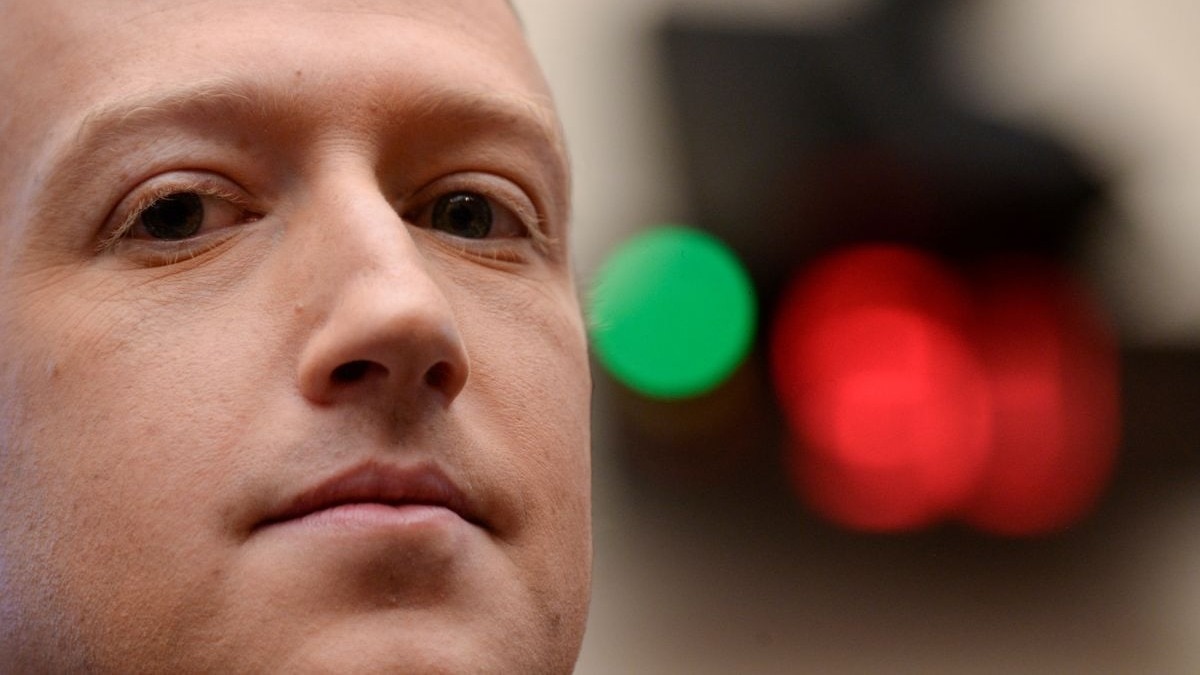
Currently, all eyes are on AI. The emergence of artificial intelligence is literally revolutionising our daily lives. But the tech evolution never stops and something bigger than AI is brewing. Something that will not create a robot but will literally give humans superpowers. And that brewery is happening in neural tech. We are already impressed and excited about Elon Musk’s Neuralink projects. The Neuralink is enabling humans to control their surrounding tech all by giving commands through a chip in the brain. But the future of neural tech is not limited to just Musk and his compnay. Tech billionaire Mark Zuckerberg is also invested in his own neural project, and he is focused on making a wearable device which can decipher neural signals.
advertisement
During the Morning Brew Daily podcast last week, Meta boss Mark Zuckerberg revealed that his company is developing a neural interface band that is capable of interpreting brain signals associated with hand movements and translating them into precise gesture commands. In simple words, Meta is creating a smart band that can understand brain signals linked to hand movements and convert them into specific gestures.
He described this futuristic neural device as being “close” to becoming a consumer product “within the next few years.” Explaining more on his next big project, Zuckerberg revealed that this wearable electromyography (EMG) band is an example of the future “power of AI” that can overcome the limitations of camera-based gesture recognition. He said that with this band, “you’ll essentially be able to type and control something by thinking about how you want to move your hand, but it won’t even be big motions, so I can just sit here, basically typing something to an AI.”
But what’s the idea behind such a project you might ask? Well, according to Zuckerberg, the idea behind this neural interface band is that people’s gestures are inconsistent and prone to errors for camera-based tracking, but their brain signals are consistent and can be learned by the “neural interface over time for each person.”
Zuckerberg added that this band will enable “a completely private and discreet interface” because even the smallest finger movements can produce a strong enough brain signal for the EMG to detect and interpret it as a specific gesture.
The main challenge for Meta will be proving that this technology can go beyond a simple left-right swipe. According to Zuckerberg, the company wants to make this wearable tech go beyond doing simple left-right swipes to the advanced level of typing and interacting in mid-air with just your hands, similar to the tech shown in Tom Cruise’s Minority Report.
Interestingly, Zuckerberg’s foray into neural technology extends beyond just the wearable band. In a recent video where he reviewed Apple’s Vision Pro, he favoured Meta Quest 3 over Vision Pro, but he also expressed admiration for Vision Pro, particularly its eye-tracking system. He mentioned that although physical controllers in Quest products are currently a matter of preference, future Quest headsets would incorporate eye tracking. However, he emphasised that eye and hand tracking alone would be insufficient without additional elements such as a physical keyboard, controller, or “neural interface.”
Therefore, if Meta plans to launch its wearable neural band in the next few years, it would align with Meta’s upcoming Quest devices. So we might get to witness the integration of neural technology in these products which will use brain signals from the wearable band to enhance hand-tracking accuracy during gaming or typing on a virtual keyboard.
